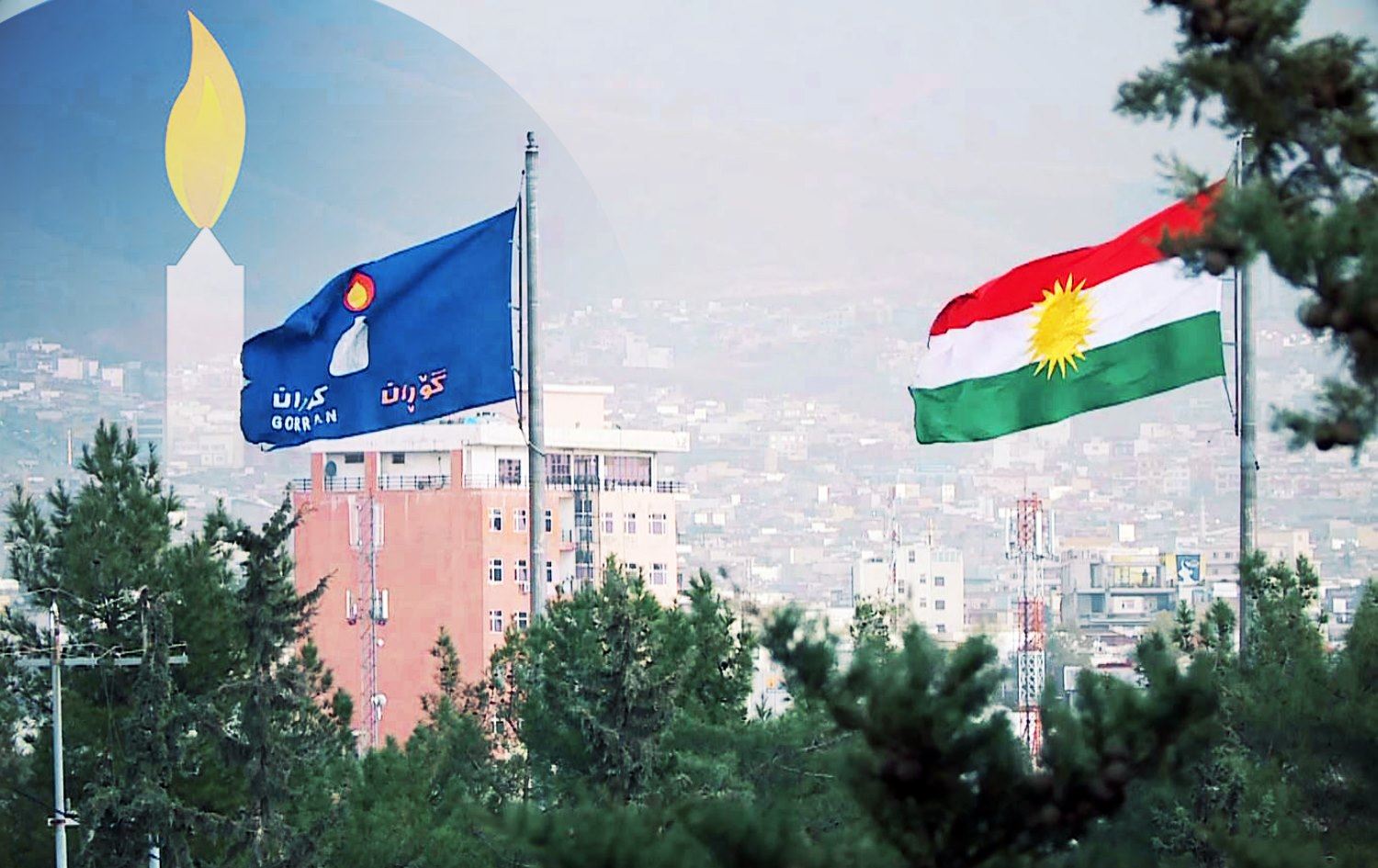As the October 20, 2024, Kurdistan Parliament elections approach, the Goran (Change) Movement is embroiled in an internal debate about whether to participate. Key figures, including Nawshirwan Mustafa’s sons, oppose participation, while others argue for joining the election. The movement faces a critical two-week period to resolve these divisions and finalize its stance, with concerns over the effectiveness of prior involvement in the regional government influencing opinions on both sides.
Internal Debate Over Election Participation
With the campaign for the sixth term of the Kurdistan Parliament set to officially begin, the Goran Movement finds itself split over whether to take part in the elections. This division is a crucial issue for the party, as it navigates both internal and external pressures.
Nizar Mahmoud, a member of the Patriotic Assembly of the Change Movement, revealed in a statement to the media that the party is currently facing two major decisions. These include selecting members of its executive working group and general secretary, as well as making a final decision on whether to participate in the upcoming elections. According to Mahmoud, this decision will be made in the next two weeks.
On one side of the debate are the sons of the late Nawshirwan Mustafa, the party’s founder, who advocate for boycotting the election. They are joined by several other officials within the movement. However, senior figures like Mustafa Seyed Qadir and current government ministers believe that participating is vital for maintaining the movement’s political influence.
Frustrations with Government Involvement
Choman Mohammad, coordinator of Goran’s Legal Foundation, pointed out that the movement has been burned by its previous participation in the Kurdistan Regional Government. During an interview with Xendan, he explained that Goran’s involvement in the current cabinet, as well as past governments, was marred by unmet expectations and power concentration in the hands of a few.
Mohammad emphasized that the Change Movement’s initial decision to join the government was based on a political agreement with the Patriotic Union of Kurdistan (PUK). However, he criticized the cabinet’s execution of governance, arguing that it failed to deliver the reforms the public expected. Although Goran remains a part of the cabinet, Mohammad warned that the movement risks losing credibility if it continues down this path without pushing for substantial change.
A significant portion of Goran’s frustration lies in the concentration of power within a triangle of authority, consisting of the head of state, the head of the council of ministers, and the interior minister. Mohammad suggested that the government’s failure to decentralize power has worsened tensions between Erbil and Baghdad and has made it harder to address key issues, including political rights and regional autonomy.
Potential Consequences of Election Boycott
The internal debate within Goran extends beyond simple participation in the elections. As Mohammad pointed out, the future of the Kurdistan region is at stake. He warned that internal tensions between political parties and the persistent “authoritarian mentality” are undermining the region’s stability. Furthermore, if the election is postponed or boycotted by a significant movement like Goran, the very concept of the Kurdistan region could face existential risks.
Mohammad also raised concerns about the broader relationship between the Kurdistan region and Baghdad, stressing that the transitional government is not equipped to mend relations. The role of the parliament in stabilizing governance and addressing legal challenges in this regard is vital. However, the reluctance of the ruling parties to treat the parliament as a meaningful decision-making body further complicates efforts to resolve these long-standing issues.
Final Decision Looms for Goran
According to Nizar Mahmoud, the Goran Movement is just weeks away from resolving two key issues: the appointment of its executive working group and the decision on election participation. Mahmoud confirmed that Dana Ahmad Majid is the sole candidate for the role of general secretary, a position crucial to steering the movement through this turbulent time.
Mahmoud also acknowledged that the movement remains deeply divided over election participation. While some members favor boycotting the October elections to focus on the upcoming Iraqi parliamentary elections, others insist on maintaining a presence in the Kurdistan Parliament. This internal conflict reflects broader concerns within the party about the relevance and future direction of the Goran Movement.
The debate over whether or not to participate in the elections is emblematic of a larger struggle within Goran: how to reconcile the ideals on which the movement was founded with the realities of governance. The movement’s leaders must weigh the risks of continued participation in a government they view as flawed against the potential loss of political influence that could come with an election boycott.
In an interview with Awene, Mahmoud confirmed the rumors that Nawshirwan Mustafa’s sons, Chia and Nama, are against election participation. However, senior figures like Mustafa Seyed Qadir and government ministers maintain that participation is crucial. The coming weeks will determine which vision for the party prevails and how the Goran Movement positions itself in the Kurdistan political landscape moving forward.
The final decision could have lasting impacts on Goran’s political future, as well as on the broader political environment in the Kurdistan region. With the movement at a crossroads, the outcome of this internal debate will shape not only its role in the upcoming elections but its overall political strategy in the years to come.


